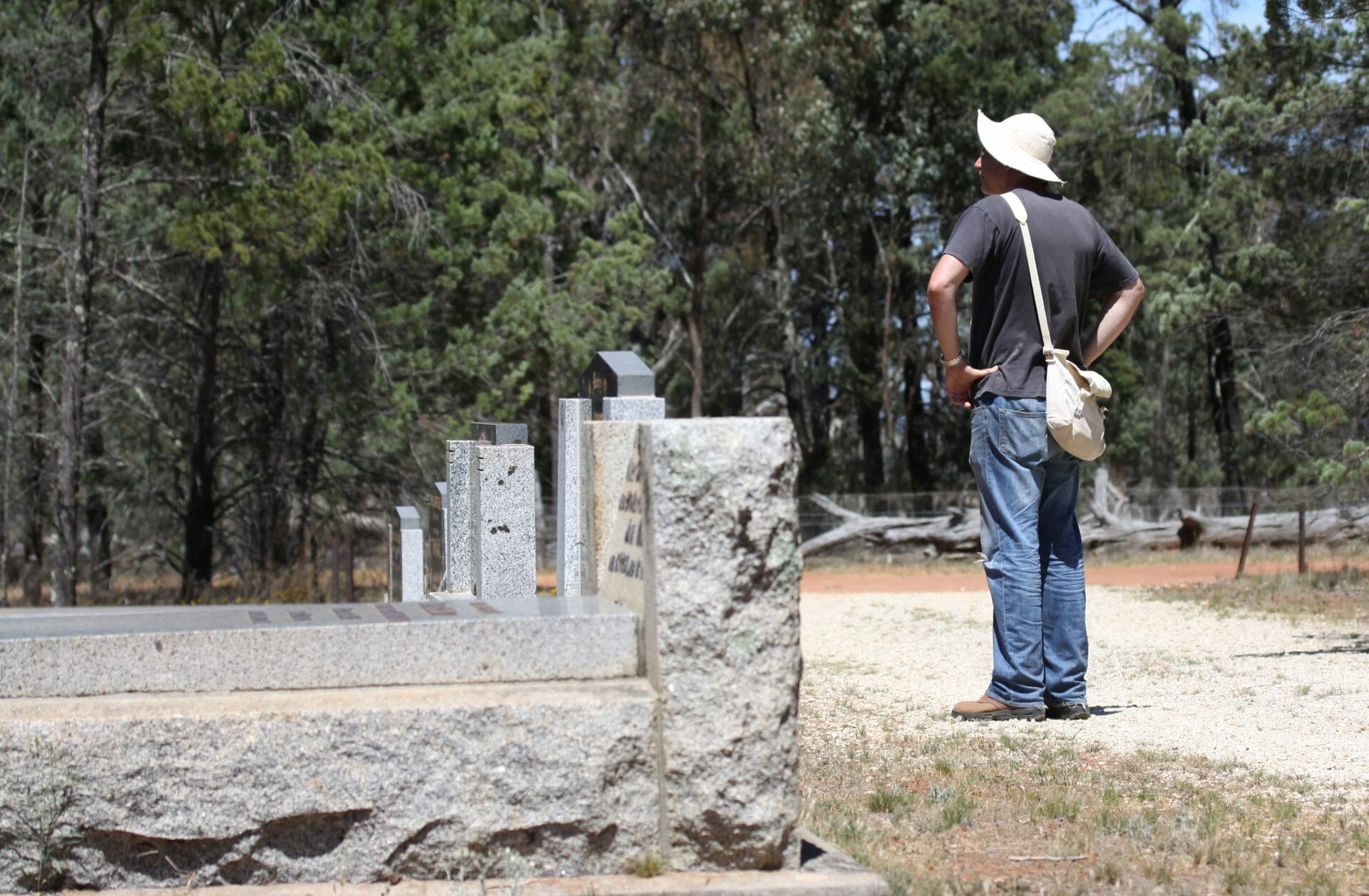New Country, new challenges
After completing your PhD degree, it has become an established tradition and expectation for early career researchers to move across countries or even abroad for several postdoc positions before securing a more permanent position back home. Relocating to a new place, let along an entirely new country, comes with its own set of challenges.
I can only share my own postdoc experience of the last year and a half in France. Navigating life and all its obstacles, let alone science in a different language was quite a challenge. France has a well-known reputation for being quite resistant to English compared to other countries. However, the delicious food, pastries, and rich culture made my short stay worthwhile at the end.
Trip Highlights
One of the highlights of my postdoc journey was joining a plant collecting expedition to the Amazon rainforest of Ecuador, targeting Annonaceae species for our research project. The forests there bear a striking resemblance to those in Asia, albeit with a shorter stature due to the absence of tall dipterocarps. The Neotropical rainforests also have a flora represented by other dominant families (e.g., Melastomataceae, Heliconiaceae, Costaceae, Marantaceae) that are absent or not commonly found in Southeast Asia.
Advice to Early Career Researchers
My advice to other junior researchers who are contemplating going abroad is to not be afraid of the unknown and do your research on the destination beforehand. This includes not only the research topic at hand but also the culture of the country, the respective institution, and the lab that you’re planning on joining. It helps greatly to speak with not just the principal investigator/labhead, but also current and former lab members too. Candid opinions on the lab culture and expectations from different members can provide useful insights into whether they share similar values and goals as you do.
In my experience, labs in Australia tend to offer substantially more research freedom and independence to their postdocs, PhD candidates, and even Honours students. Though of course this varies depending on individual lab circumstances and your own situation. For example, a postdoc fellowship would grant you more research independence than a postdoc linked to a specific grant. Postdoc positions are often only 1-3 years long, and offers a chance to not only gain different perspectives on doing science, but also to experience various cultures and travel opportunities.

